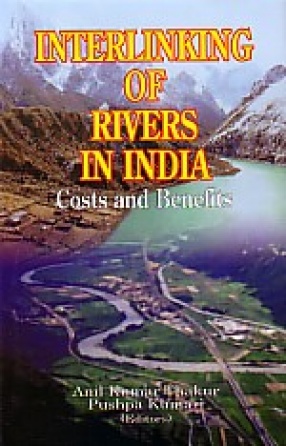
Deep & Deep Publications Pvt. Ltd.

786 books
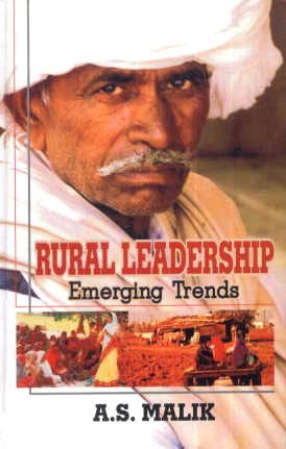
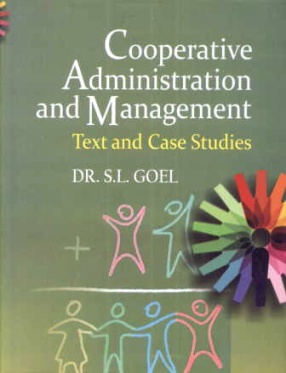
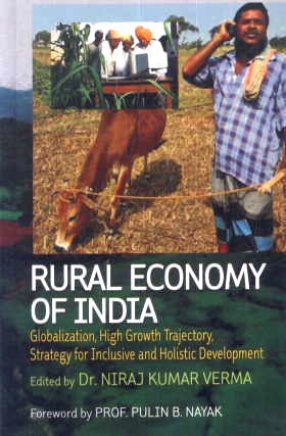
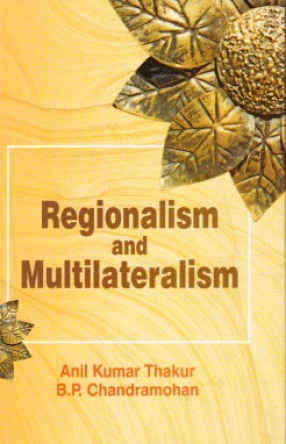

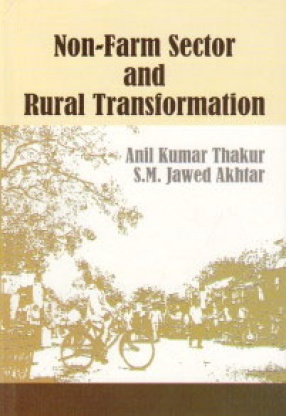
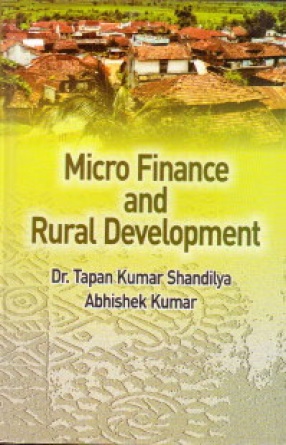
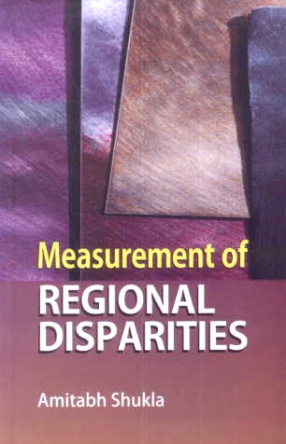
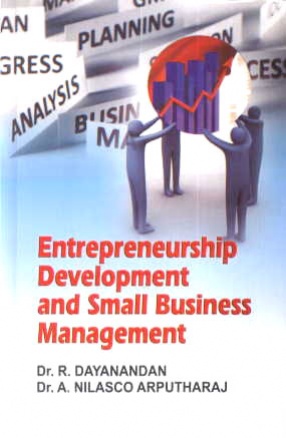
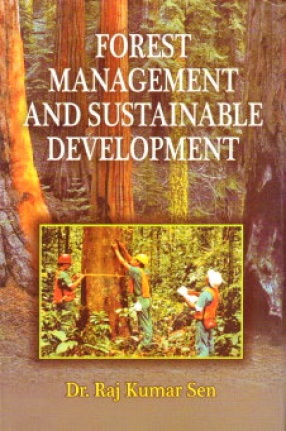
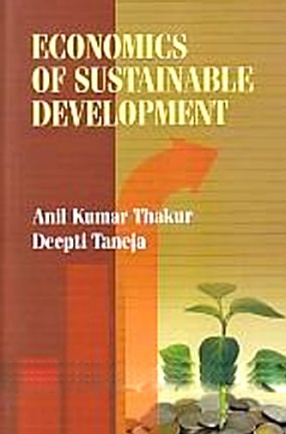
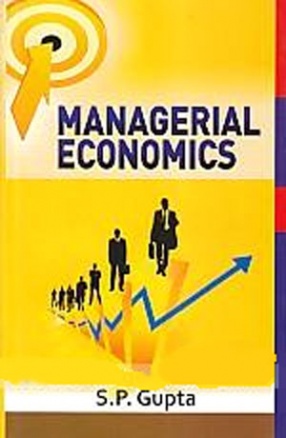
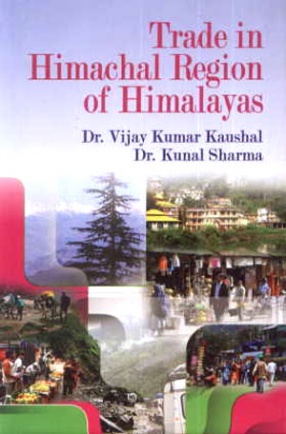
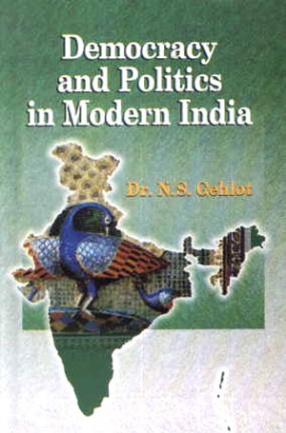

The twenty-six papers in this volume, presented at the 87th IEA Conference, address a host of issues pertaining to interlinking of rivers in India. Analyzing the objectives and plans of interlinking of rivers in the country, they offer an elaborate discussion on its feasibility, justification, rationale, present framework, problems and prospects, and costs and benefits. The socio-economic relevance of interlinking of rivers has also been examined.
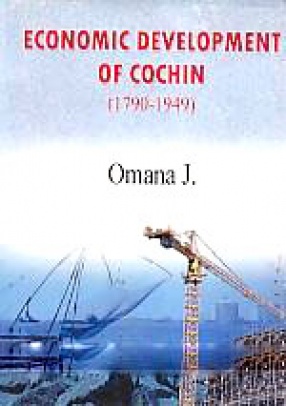

Rural Leadership : Emerging Trends is an exploratory-cum-descriptive study wherein an attempt has been made to examine the role of some instrumental factors, such as caste, gender, education, reservation provisions and economic status in the empowerment of rural leadership. The variables of social, economic and political background of elected representatives and the relationships among those variables are statistically analyzed and comprehensively presented in ...
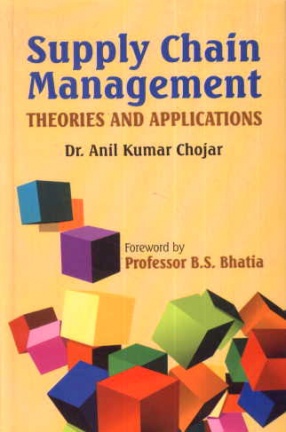
Supply Chain Management: Theories and Applications addresses the core concepts and issues facing the industry in a simplified form. This book can be used by academia, post-graduate management students and practitioners as it presents industry specific analysis, case studies, and reviews of several research papers. Owing to this book’s direct relevance to commercial firms, managers handling supply chain coordination, logistics and warehousing operations will ...

Cooperatives are the only institutions which are not profit making organizations but rather service organizations. Cooperatives are value-based organizations where employees, members and community lead a life of harmony. The cooperative values of democracy, equity, solidarity, etc. provide a strong foundation for building an ideal society. Communism failed in Eastern Europe earlier and capitalism is slowly failing in USA and Europe as their economy is melting ...

Of late, Rural Economy has received renewed emphasis by the planners in India and upliftment and rejuvenation of agrarian economy are of paramount importance for our country, since the reforms were undertaken. Inclusive Growth has received utmost importance in the Eleventh Plan, and planners, policy makers and academicia are exploring avenues to include poor, downtrodden, marginalized and neglected sections of our society in its march towards economic progress. ...

Globalization is a phenomenon integrating economic activities of countries through trade for global welfare. World Trade Organization (WTO) is the international body to manage and regulate trading nations easy access to global markets, enlarging their market share, dismantling trade-distorting tariffs and eventually fostering their economic growth and development. Since trade negotiations of WTO on various issues are delayed, countries integrate economically on ...
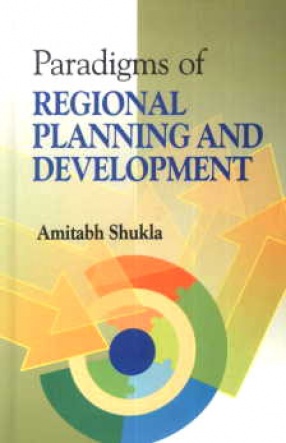
Development is a complex notion and it has multi-fold dimensions specially with regard to process of planning. It has several linkages and casual relationship with natural, geographical, social, economic and political aspects.
Its a long debate in the theories of planning that whether centralised planning system or decentralised planning system is good for solving the problems of a nation?
The answer lies in the fact, which is evident by empirical evidences and ...

Man, the individual is the core of non-violent economics. The objective is the moral and spiritual development of man. Man is primarily has consciousness, his capacity of self-consciousness, and in-built capacity to judge between good and evil, between what will help him in his evolution to higher levels of being and what will obstruct his path.
Economic revival is an exciting proposition. It has to be invigorating, self-generating and mass based. Herein lies the ...

The nature and performance of rural economy has been changing in every country through diversification of activities on the one hand and increasing employment and income generation on the other. The farm and non-farm sectors are the two important constituents of the rural economy. Rural non-farm sector (RNNFS) in India has been gaining prominence in the rural areas over time and it is becoming more and more diversified. RNFS is regarded as the critical component ...

Micro finance is not simply banking but it is a development tool. It acts as a catalyst in the lives of poor. It has been recognized world over as one of the new development paradigms for alleviating poverty through social and economic empowerment of the poor, particularly women. There is a large gap in the demand and supply of the credit to poor in developing countries. Experiences of different anti-poverty and welfare programmes worldwide have also shown that ...

The objective of every planning system, planning mechanism or planning process is to provide a better life to its population. It consists of shelter, food, employment, better infrastructure and health facilities, better education and other basic amenities. These are essential conditions for the welfare of individuals as well as for a over all development of the nation. The prime objective behind the above is t reduce the disparities in every walk of life.
The ...

One of the great social transformations of the 21-century is now well underway towards developing entrepreneurship in the transitional economies. Its success will require finding ways to combine the entrepreneurial energy of the new private sector with the restructuring needs of the privatized or to be privatized enterprises. Unemployment is one of the most important challenges facing the poor people in our country. Furthermore, every hundreds of thousands of new ...
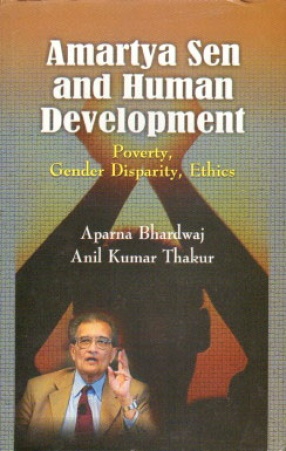
The present book Amartya Sen and Human Development : Poverty Gender Disparity Ethics is the outcome of Indian economic association 93rd Annual Conference at Panjab University, Chandigarh on 28-30 Dec. 2010.
There are altogether 29 articles selected out of the conference. The articles cover various threads of Amartya Sen's line of thinking in the field of economic analysis. By shifting attention from physical capital analysis to human capital creation via ...
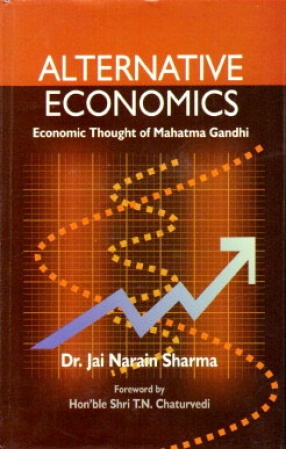
Mahatma Gandhi regarded economics as a moral science and laid tremendous emphasis on the ethical aspect of the problem. Economics that hurts the moral well-being of an individual or a nation and does not cater to the needs of the poor and down trodden is immoral and, therefore, sinful. Its goal is not pure material benefits but advancement of humanity on its road to progress. No one’s gain should be anybody’s loss, financial, physical, moral or ...

Forest management for sustainable development has raised several issues, both environmental and economic nature. Ancient Indian economic thinking had always championed the cause of ecological balance and judicious forest management for social welfare. In India forests constitute more than 20 per cent of the geographical land mass.
Considering the crucial importance of the subject, the CSESD organised an international seminar on this theme.
The present volume ...

The 1992 earth summit in Rio de Janeiro, a landmark conference, put sustainable development on the map. The largest international gathering ever held at the time, the summit brought 108 heads of state and government to Rio, where they endorsed agenda 21, the action plan for a sustainable future. There is agreement that the earth summit--officially the United National Conference on Environment and Development--was a major success in raising public awareness about ...
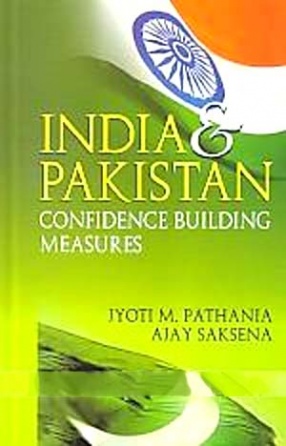

Managerial Economics, a fundamental part of any business or management course, offers a comprehensive application of economic theory and methodology to managerial decision making. It has assumed a predominant role in today’s globalized economy because of financial implications of many decisions that a manager has to take in his day-to-day professional life. In developing an economic approach to business decisions, this book draws upon economic analysis for ...


The book entitled, Democracy and Politics in Modern India, will serve as a standard and advanced study book for all the PG and competitive students, apart from research scholars engaged in advanced studies. It provides invaluable knowledge about the key developments that have appeared during last two decades. The book explains the complexities of the Indian political process and its effects on the constitutional institutions of India. It attempts to take a fresh ...
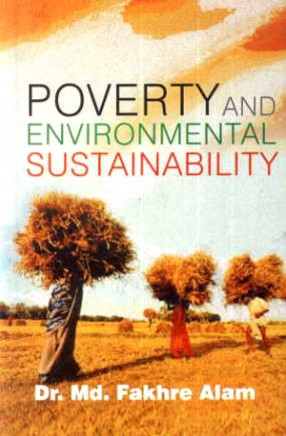
The environmental issues taken up in this study are being hotly debated currently all over the world. An attempt has been made in this work to present the environmental and socio-economic issues, their interactions and implications for achieving social goals in India. Applications of appropriate statistical techniques for data analysis are the special features of the book. The book will prove a valuable guide and helpful to the researchers and policy-makers ...
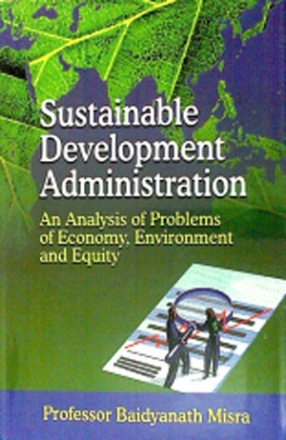
This book studies some important changes which have drawn the attention of the world. One such change is democratic form of government which has survived more than 60 years.
The second change which has assumed tremendous importance is economic development. The rate of growth in India has even approached more than 8 per cent per year even when some of the developed countries are struggling to attain 3 or 4 per cent per year after the recession of 2007 to 2008.
The ...

This book highlights the issue of law, Medical Science and Human Rights with special reference to Reproductive Technology. It provides the historical background, concept, causes, purpose, procedure, data, relevant progressive legislations and judgments on the subject. An exhaustive study of laws related to Reproductive Technology, the interrelationships among science, technology and human rights, role of judiciary have become part of this work. The book also ...
